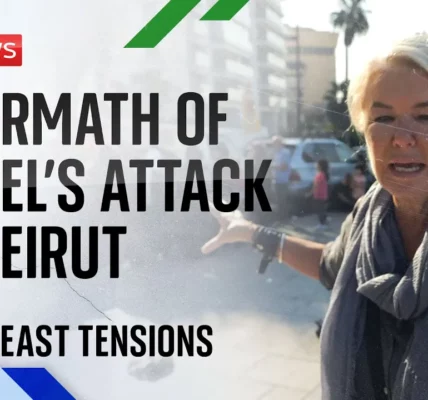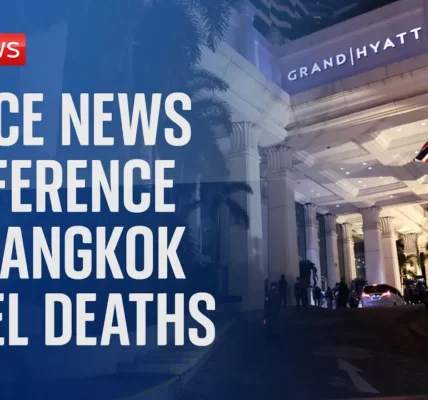Russia’s Designation as a State Sponsor of Terrorism: Implications and Consequences

This article delves into the pressing issue of whether Russia should be designated as a state sponsor of terrorism, examining the moral and practical implications of this classification in the context of international relations and ongoing conflicts.
Introduction
The classification of a nation as a state sponsor of terrorism carries significant weight in international relations. This article explores the arguments surrounding Russia’s potential designation as such, particularly in light of its actions in Ukraine and its alliances with terrorist organizations. This designation would not only have moral implications but also practical consequences that could reshape the geopolitical landscape.
The Case for Designation
Proponents argue that Russia’s actions warrant its designation as a state sponsor of terrorism. This includes its military aggression in Ukraine and its support for various authoritarian regimes and terrorist organizations worldwide.
Historical Context of Russia’s Actions
- Military intervention in Ukraine since 2014.
- Support for the Assad regime in Syria, which has been accused of war crimes.
- Allegations of using state resources to fund the Wagner Group, a paramilitary organization involved in various conflicts worldwide.
Evidence of Atrocities Committed
Witnesses and reports have provided harrowing accounts of the atrocities committed by Russian forces in occupied territories:
- Mass graves discovered in Ukraine.
- Kidnapping and indoctrination of children from occupied areas.
- Targeting of civilians, including women and children, in military operations.
Moral Implications of Designation
Designating Russia as a state sponsor of terrorism sends a strong moral message to the international community. It signifies a condemnation of its actions and provides support to victims of terrorism.
Impact on Ukrainian Morale
A designation would serve as a significant morale boost for the people of Ukraine, reinforcing their struggle against aggression and highlighting the international community’s support for their sovereignty.
Legal and Economic Consequences
The designation would also have legal ramifications, allowing victims of Russian aggression to seek justice in U.S. courts:
- Restrictions on Russia’s sovereign immunity in U.S. courts.
- Enhanced sanctions, which could impact Russian economic operations.
International Repercussions
Designating Russia as a state sponsor of terrorism could have far-reaching consequences for international relations.
Strengthening Global Alliances Against Terrorism
This designation might galvanize allies and partners to take a firmer stance against Russia, fostering a united front against terrorism and authoritarianism.
Implications for North Korea
Recent developments, including Russia’s defense agreement with North Korea, underscore the urgency of this designation:
- Concerns about nuclear proliferation and regional stability.
- Potential for increased collaboration between Russia and North Korea in military and economic spheres.
Conclusion
The designation of Russia as a state sponsor of terrorism is not just a symbolic act; it has profound moral, legal, and practical implications in the global fight against terrorism and the defense of democracy. As history has shown, failing to confront aggressive authoritarian regimes can lead to dire consequences. It is crucial for the U.S. Senate to take a definitive stand on this issue, ensuring that the message sent is clear: Russia’s actions are unacceptable, and the international community will not stand by while atrocities are committed.
To learn more about the ongoing geopolitical tensions and how they affect global peace, visit our related articles on international relations and conflict resolution.
“`




